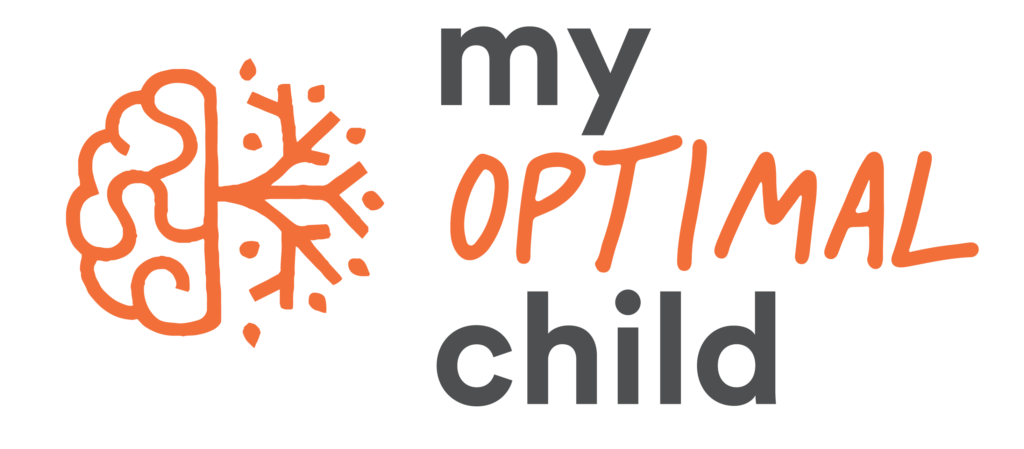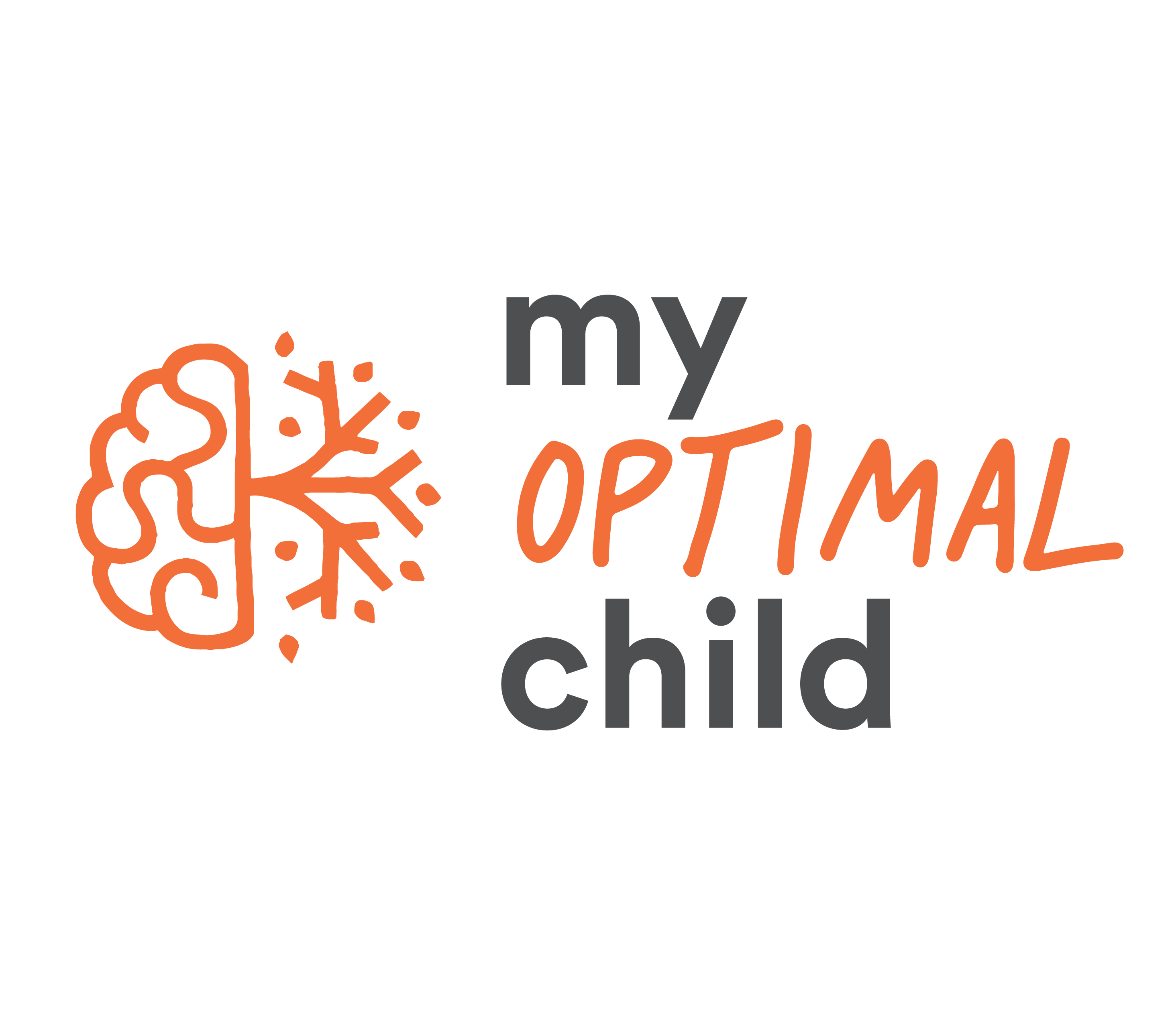Choosing the right school could be as hard as choosing the right husband. You want to find all you need in one organization or person. But let’s face it: this is not realistic, as you will always find a flaw, basically because we all do. However, I guess that when you chose your husband, you did it not just because of his current characteristics but also because of how you envisioned he would turn as a husband and a father. When choosing a school, I believe the process should be similar.
Even though it is important to choose a school according to its philosophy, teaching method, social environment, and your child’s unique needs, I also believe it is crucial to consider if the school is offering the tools to prepare your child for his or her future.
Nobody really knows what the future will bring in the next years, but there are some clues about which essential abilities will be necessary to succeed in life and work.
Last summer, I had the chance to participate in The Future of Learning program at Harvard Graduate School of Education. Dr. Howard Gardner, a prestigious psychologist and professor of HSGE, discussed five types of cognitive abilities or” minds” that schools should cultivate for the future of global workers and citizens. I will describe each type of “mind” and will provide some recommendations on what to look when making a decision for a school.
THE DISCIPLINED MIND
Become an expert in a discipline or professional field.
Students should master information within the major disciplines.
During early years, you should look for a wide variety of disciplines or domains offered (literacy, numeracy, visual arts, music, nature, physical development, among others), as it is important for your child to get exposed to different stimuli.
While in middle school, consider which are your child’s cognitive strengths and if the curriculum of the school aligns with that.

THE SYNTHESIZING MIND
Be able to select key information from a wide variety of resources and arrange that information in ways that make sense and add value.
Take a look at how students should approach information and knowledge in class. Do they need to memorize for tests, or make sense of the information provided? Can children explain their understanding of a concept in their own words?

THE CREATIVE MIND
Go beyond existing knowledge to fashion new solutions.
Observe if the school is willing to have their students take risks, and learn from mistakes. This is a key to become creative and think outside the box.

THE RESPECTFUL MIND
Develop solutions that are culturally acceptable and inclusive.
In a global world, tolerance and acceptance of diversity becomes essential to be integrated in the 21st century.
Educators should cultivate respect and emotional and interpersonal intelligence among student, teachers, and the greater community.

THE ETHICAL MIND
To act in ways that exemplifies sound judgment and which in every day will be considered to be good citizenship.
This requires abstract and reflecting thinking about one’s behavior. Educators should serve as role models as well as provide students with tools on how to become reflective about ones’ behavior.

If you plan on letting your child excel in the future, help him or her cultivate these five very different and distinctive ways of thinking.
Maybe the school you choose will not make emphasis in all five minds, but make sure you do!
THIS ARTICLE WAS ORGINALLY PUBLISHED IN Brickell & KB Moms Magazine, SEPTEMBER EDITION, 2017. Miami, FLORIDA.







